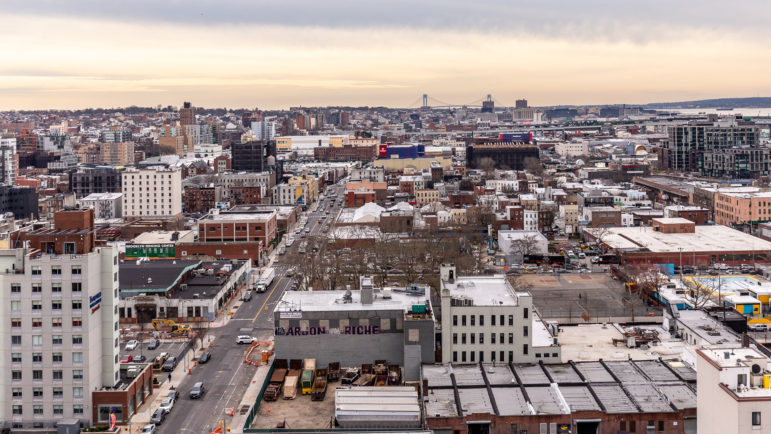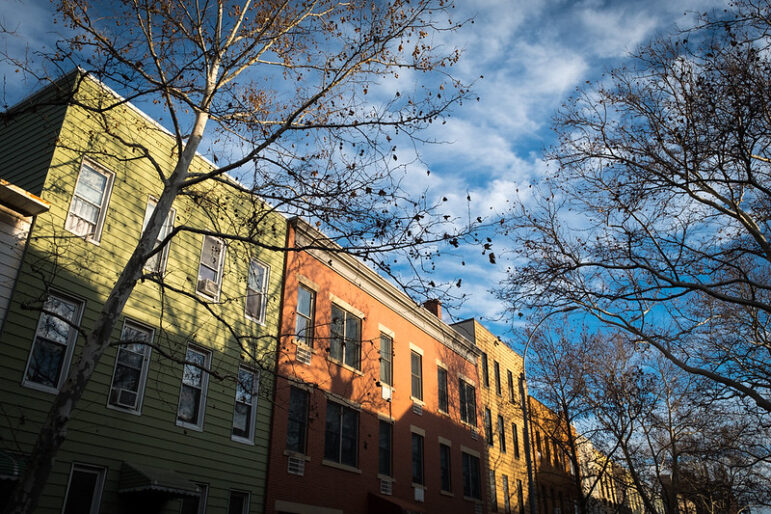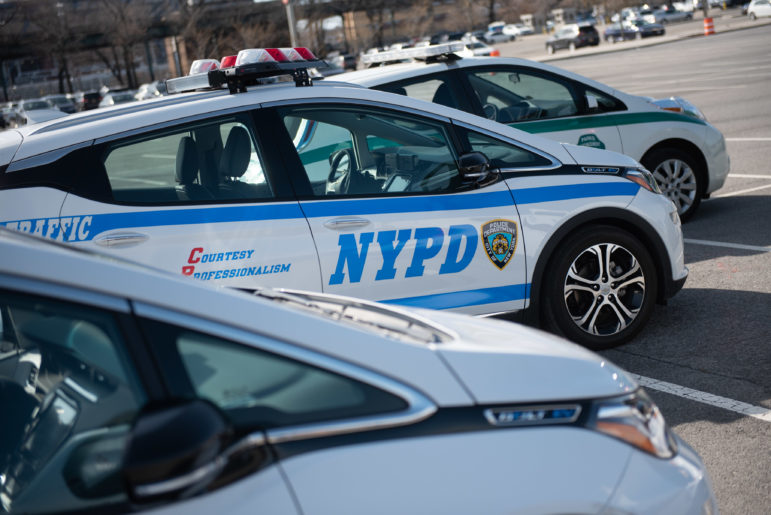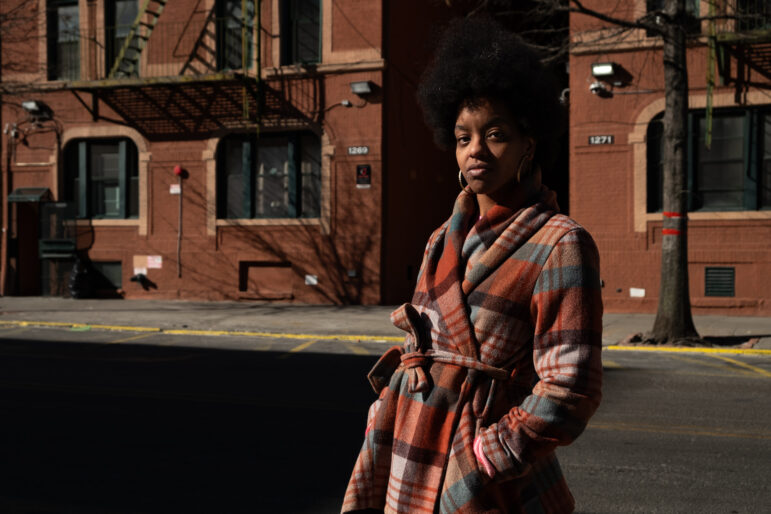
NYC Public Advocate
From the public advocate's landlord watchlist. The purple dots are the bad ones.
Public Advocate Letitia James is out with the latest edition of the city’s Landlord Watchlist, which presents a visually arresting and easy-to-navigate chronicle of negligence by some of the people and companies who, through the vagaries of capitalism, have come to own other people’s homes.
In her close to two years in office, James has improved on the rankings that her predecessor Bill de Blasio made part of the public advocate’s work. The public advocate lists are inheritors of a practice made famous by the Village Voice, where great journalists like J.A. Lobbia, Jack Newfield, Tom Robbins, Wayne Barrett and others decades ago established an honorable tradition of humiliating property owners who displayed aggressive disregard for their tenants comfort, rights, even lives.
The problem then and now is that truly horrible landlords do not care who knows that they are terrible landlords. They will wear that scarlet letter, literally, all the way to the bank.
The role of banks in facilitating problem landlords was explored in a 2014 City Limits investigation. Later that year, the state of New York tightened up its procedures for evaluating banks under the Community Reinvestment Act to include consideration of the conditions of the housing provided by landlords taking the bank’s loans.
A more aggressive, more local attempt to force banks to behave responsibly–dubbed, as it happens, the Responsible Banking Act–was passed by the City Council over Mayor Bloomberg’s veto in 2012. It would have required public reporting about the conduct of banks that hold city government deposits. A federal court ruled this summer that the law was unconstitutional because it preempted federal and state banking laws.
Asked on Tuesday if the de Blasio administration had appealed that ruling, a Law Department spokesman said no: “The city is considering its options to better understand the effect banks are having on the economic health of our neighborhoods.”








